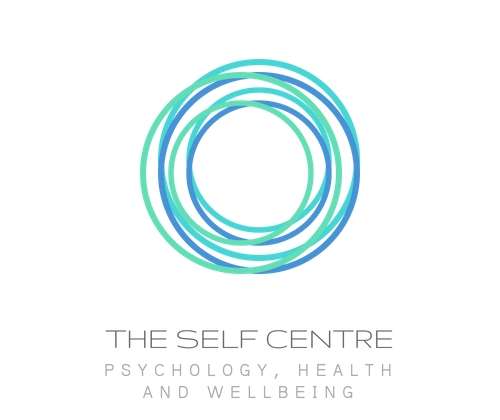
Nurturing Well-being: A Guide to Stress Reduction and Burnout Prevention
by Lyndsay Babcock
Clinic Director
As we start, and are well into the new year, it’s essential to reflect on the past and consider how we can set ourselves up for success while prioritising our well-being.
Stress is a common companion in our fast-paced lives, and chronic stress often leads to burnout.
Here are my top 10 ways to combat stress and minimise your risk of burn out in 2024.
1. Embrace Mindfulness Practices: Cultivating mindfulness is a powerful tool for stress reduction. Incorporating practices such as meditation, deep breathing exercises, or mindful walks into your routine can bring a sense of calm and focus. Mindfulness allows you to stay present, reducing anxiety about the future and regrets about the past.
2. Prioritize Self-Care: Make self-care a non-negotiable part of your routine. Whether it’s setting aside time for a hobby, getting enough sleep, exercising daily and eating well, prioritizing self-care is crucial for maintaining overall well-being. Consider self-care as a non-negotiable investment in your mental, emotional, and physical health.
3. Establish Clear Boundaries: Learn to set and enforce clear boundaries between work and personal life. As we step into a new year, it’s an excellent time to reassess how we allocate our time. Designate specific hours for work, and when those hours are over, really fully disconnect and step into your personal time. Doing so, helps prevent the spill-over effect of work-related stress into your personal life.
4. Practice Time Management: Effective time management is key to reducing stress. Break down tasks into manageable chunks, prioritise, and set realistic goals. Utilise productivity tools and techniques that work for you, whether it’s a to-do list, time-blocking, or the Pomodoro Technique. Efficient time management allows you to accomplish tasks without feeling overwhelmed and stressed.
5. Foster Supportive Relationships: Building and maintaining strong social connections is crucial for stress reduction. Share your thoughts and feelings with trusted friends, family, or colleagues. Find people wo make you laugh, and who you can have fun with. A supportive network provides encouragement, different perspectives, and a sense of belonging, all of which contribute to better mental and emotional well-being.
6. Regular Exercise Routine: Physical activity is a powerful stress reliever. Incorporate regular exercise into your routine, whether it’s a brisk walk, yoga, or strength training. Exercise releases endorphins, the body’s natural mood lifters, promoting a positive mindset and reducing stress levels.
7. Learn to Say No: Setting realistic expectations for yourself involves recognizing your limitations and learning to say no when necessary. Overcommitting can lead to burnout, so prioritise your tasks and commitments based on their importance and your capacity to handle them.
8. Reflect and Set Realistic Goals: Set realistic and achievable goals for the coming year. Breaking down larger goals into smaller, actionable steps makes them more manageable and less overwhelming. I like to set annual, monthly, weekly and daily goals to help me stay on track and keeps me from feeling overwhelmed.
9. Disconnect from Technology: While technology has many benefits, it can also contribute to stress. Designate specific times to disconnect from emails, social media, and other digital platforms. Ie. Disconnect 2 hours before bed, and resist the urge to check your phone when you wake up. Instead go outside and get the sunlight (safely) into your eyes.
10. Seek Professional Help When Needed: If stress becomes overwhelming, don’t hesitate to seek professional help. Psychologists can provide guidance, support, and coping strategies tailored to your individual needs. At the Self Centre, we work with people all the time to help them learn how to manage stress effectively and combat burnout.
Setting ourselves up well for the new year involves a holistic approach to well-being. By incorporating mindfulness, prioritizing self-care, establishing clear boundaries, practicing time management, fostering relationships, engaging in regular exercise, learning to say no, setting realistic goals, disconnecting from technology, and seeking professional help when needed, we can minimize stress and prevent burnout. Embracing these strategies creates a foundation for a healthier, more fulfilling year ahead.
